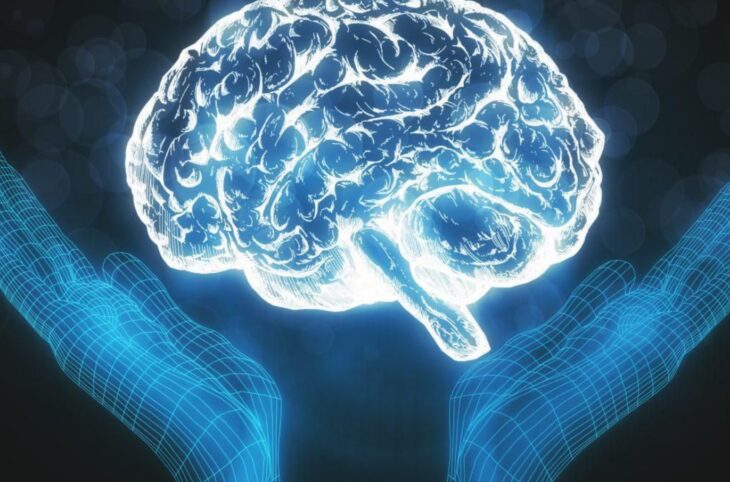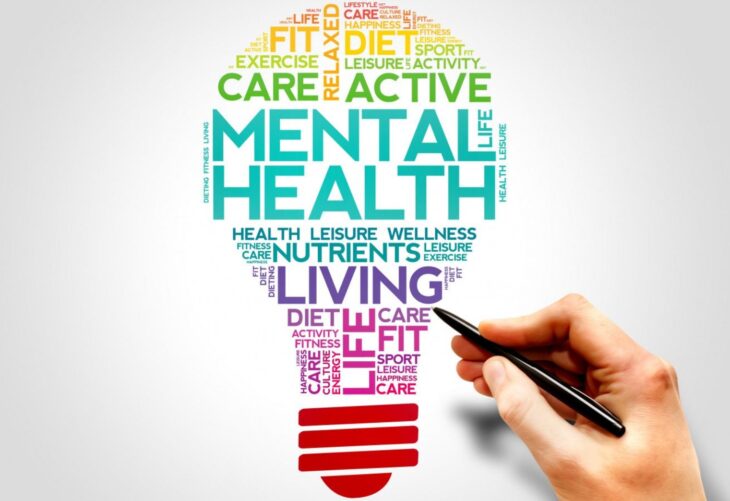Multiple surveys over the years have established a relationship between drug addiction and mental health issues. It has been found that almost half of people who experience mental illness during their life will also have experienced SUD (substance use disorder) or alcohol use disorder.
Substance abuse and mental health are more common than many realize.
Here are some statistics from the Journal of American Medical Association to show how closely the two are connected:
- Approximately 50% of severe mental health sufferers are affected by substance problems.
- 53% of drug abusers and 37% of alcohol abusers suffer from at least 1 mental illness.
- Of the people who receive mental health diagnosis, 29% of them go on to abuse alcohol or some other drug.
When you have both a mental illness like OCD, anxiety, depression, panic disorder, bipolar disorder, or something else and substance abuse as well – it’s called dual-diagnosis.
According to RecoveryInn.org, dealing with addiction is challenging as it is. When you throw mental health problems in the mix, it can get even more difficult to manage the two. However, with the right help you can lead a sustainably sober life.

Source: The Ranch PA
Contents
Recognizing Dual Diagnosis
Recognizing signs of dual diagnosis can be difficult. It can be tough to tell what might be a drug problem and what a health issue.
Additionally, the symptoms can vary depending on the nature of disorder and the type of substance that the person is abusing whether it’s prescription drugs, which often require the help of methadone clinics in order to slowly get off the drugs using a medication-assisted approach, alcohol, which often require the help of alcohol rehab centers, or something else.
For instance, the signs of marijuana abuse and depression will be different from that of alcohol abuse and schizophrenia.
However, some general warning signs are common across all cases of dual-diagnosis:
- Using drugs and alcohol to cope with uncomfortable/unpleasant feelings and memories. Using them to control the intensity of pain or to change mood. Using a substance to face dreadful situations and stay alert.
- Sometimes a person may feel depressed when they drink. Or they may tend to drink more when they’re plagued by some uncomfortable memories or anxiety.
- Feeling anxious or depressed even when the person is sober.
Do a self-evaluation. Have you ever been diagnosed with substance abuse or mental health problems? Did the rehab center you used for treatment fail due to complications in either addiction or mental health?

Source: Forbes
Self-help for Managing Dual Diagnosis
Nothing can replace professional inpatient addiction treatment. And, if you do suffer from dual-diagnosis, you must seek proper professional help. However, there are some self-help methods and steps you can use to manage these issues on your own.
Let’s start with the reminder that getting sober is only a small part of the equation. It’s just the beginning. To ensure sustained recovery – you must learn healthy coping strategies that should help you overcome challenges and make healthy decisions.
Learn to Manage Stress and Emotions
More often than not, drug and alcohol abuse are a result of trying to manage stress. Since stress is inevitable, learning healthy coping skills on how to deal with stress without resorting to drugs or alcohol can go a long way in falling into relapses.
Another common reason that the majority turns to drugs is to deal with some painful emotions and memories that trigger anxiety, depression, and feelings of loneliness. But, when you learn strategies to keep your emotional health in check, you can cope with difficult emotions without falling into a vicious cycle of addiction.

Source: Forbes
Know Your Triggers
If you pay attention, you’ll notice that certain events or happenings trigger the flare-ups. Common causes are – big life changes, some stressful events, certain eating patterns, and lack of sleep.
Once you recognize these triggers and have a plan of action to handle them should they happen, you can avoid relapses. Know who you will talk to in time of need and what can help you to avoid the same cycle.
Connect With Others
The quickest way to calm yourself down is to have positive and empowering connections with people around you. Positive human connection is good for your nervous system. Therefore, surround yourself with people who care about you. If you can’t find such people around you, you can join a support group in a residential rehab or just go out and meet new people.

Source: Business Insider
Get Therapy and Seek Support Group
The chances of getting sober and staying sober improve dramatically when you’re part of a social support group. Being in touch with people who are going through the same struggles as you can give a sense of connection. When you listen to their success stories, it gives you hope. Therapy sessions are often available in inpatient drug rehabs, where you stay for at least 30 days in order to cure yourself from addiction.
Make Healthy Lifestyle Changes
- Start with exercising. Exercising releases endorphins which is a natural stress buster. People who exercise are better able at keeping anxiety and stress at bay. It’s excellent for your mood, sleep patterns, and overall mental health.
- The next important thing you can do is to practice at least one relaxation technique. Progressive muscle relaxation, deep breathing, and mindful meditation are some of the best techniques for easing the symptoms of depression, anxiety, and stress and improving sensations of emotional well-being and relaxation.
- Make sure to eat healthily. Always make your breakfast a healthy meal. See if consuming small frequent meals work for you or 3 large meals a day. Do not go too long without eating as it can exacerbate stress and anxiety symptoms due to low blood sugar. Get as many healthy fats as you can to boost your mood.
- Lastly, make sure to get at least 8 hours of sound, uninterrupted, quality sleep. This is the holy grail of avoiding stress and anxiety.

Source: Living Magazine
Find Meaning in Life
One way is to develop new interests and hobbies. Try as many new activities as possible. Enroll in volunteer work. Find activities that give you a sense of purpose and meaning. Do things that make you fulfilled. When you are engrossed in things that make you happy, there’s little room for thinking about addiction and substance will hold little appeal.
If there are some activities, places, or people that act as a trigger, try to cut yourself from them. Even if this means making major changes in your life (like moving to a new place or changing your friend circle) – do it.
In Conclusion
Getting over addiction and dual-diagnosis may be difficult but it’s not impossible. With the right addiction treatment help and self-management tips, you can lead a healthy and sober life.
